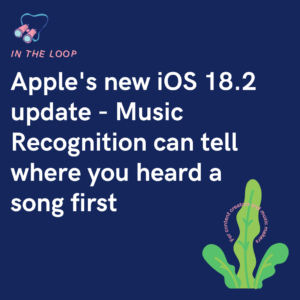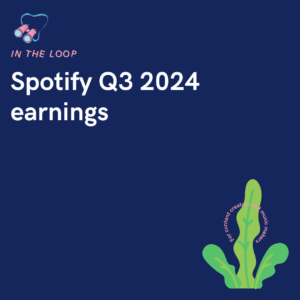Music rights holders have been arguing for some time over how revenue is split across certain social platforms. It seems the platforms are growing in popularity, but music artists aren’t seeing the benefits.

Various well respected members of the music industry have started voicing their opinions about the way they share their revenue. Currently, social platforms such as TikTok and Meta products are paying both publishers and record labels set amounts. They are given licensing advances which act as a payment for the use of their music. How this is worked out though doesn’t always seem to be favoured.
Rather than being paid every time a song is streamed and monetising on their sounds – they’re being paid upfront and therefore aren’t able to collect off their work from there. This may work in some cases, however if an artist’s music is being regularly streamed, they may wish to monetise it instead. Meta have taken comments on board and have now stated they’ll be changing the way artists and music rights holders are paid.
All user-generated video content will be moving across to a revenue-share model. Meta’s new system will see video creators using licensed music within their videos receive 20%. This is for any video over 60 seconds long. The money will come from advertising revenue generated by their video creation. The remainder of the money will be split between both the music rights holders and Meta.
This means music rights holders will get a split of 80% of the earnings generated through their music. However, Meta haven’t released what the split will be yet. It seems there’s now a boost for influencers within the platform to share their favourite songs within their posts. After all, they’ll then be able to collect money from the ad revenue. Being entitled to a 20% share will mean more and more videos will start including music.





